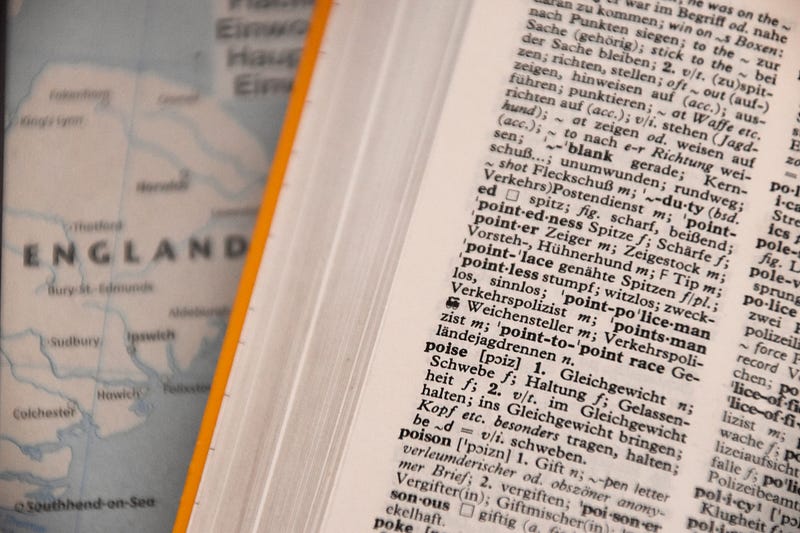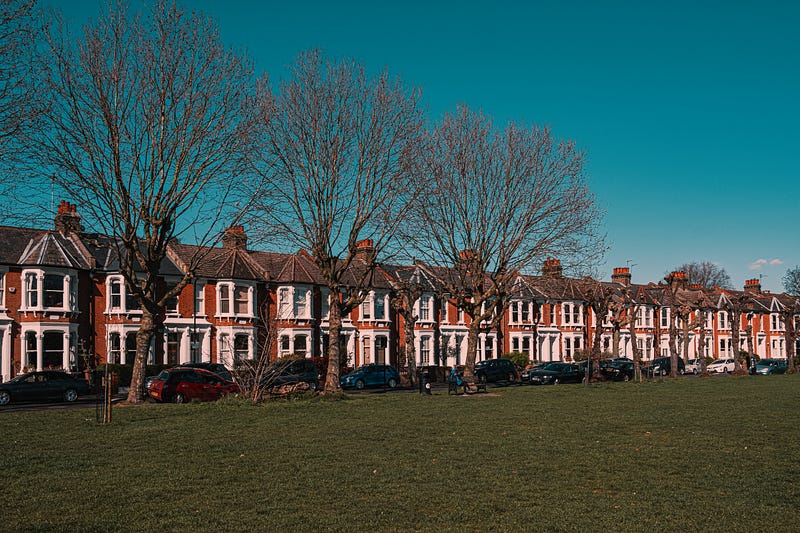A Discussion of Bourgeois Equality Chapter 34 “Aristocratic England, For Example, Scorned Measurement” Dr. McCloskey continues exploring the cultural mindset of the Elizabethan era of England in this chapter to demonstrate it did not embrace measurement, which is foundational to the launch of the Great Enrichment in the eighteenth century….
Tag: Virtue Ethics

Elizabethan England Esteemed Elites
A Discussion of Bourgeois Equality Chapter 33 “As Did Elizabethan England Generally” Dr. McCloskey is continuing on with the thesis of last chapter, offering examples of Elizabethan writers other than Shakespeare, who valued hierarchy over the disruptive bourgeois virtues that will allow the trade tested betterment system to take off…

A Sociological Shift, Not a Psychological Change
A Discussion of Bourgeois Equality Chapter 29 “The Bourgeoisie Loved Measurement” and Chapter 30 “The Change Was in Social Habits of the Lip, Not in Psychology” We continue Dr. McCloskey’s dive into why the Great Enrichment occurred when it did because the stories we tell ourselves shape the world of…

Bourgeois Revaluation Raises, if not Praises, the Merchants
A Discussion of Bourgeois Equality Chapter 28 “The Bourgeois Revaluation Becomes a Commonplace, as in the London Merchant” Dr. McCloskey continues to build her argument that a respect for the bourgeoisie is building in 1700s England, which will allow the Great Enrichment to flourish a century later. She calls this change in…

Continuing Evidence: Rising Bourgeois Values Alters Language
A Discussion of Bourgeois Equality Chapter 26 “And so does the Word ‘Eerlijk’” In many ways this chapter is similar to the previous chapter that traced the change in the definition of honest to show how culture was changing. In the 1500s and 1600s, McCloskey says honest meant aristocratic and…

Honest? I do not think it means what you think it means
A Discussion of Bourgeois Equality Chapter 25 “The Word ‘Honest’ Shows the Changing Attitude Toward the Aristocracy and the Bourgeois” Dr. McCloskey is moving further back in time in this fourth part of the book to examine societal changes in 1700s England that will lead to the Great Enrichment. There…

Aspiring to Bourgeois Virtues
A Discussion of Bourgeois Equality Chapter 23 “Ben Franklin was Bourgeois and He Embodied Betterment” and Chapter 24 “By 1848 A Bourgeois Ideology Had Triumphed” Two more chapters to conclude this section of the book establishing the ideas that took root in the 1800s that allowed the Bourgeois Deal to…

Adam Smith Wanted You Free to Make Your Own Decisions
A Discussion of Bourgeois Equality Chapter 22 “And He Formulated the Bourgeois Deal” In this fourth and final chapter exploring Adam Smith’s impact, Dr. McCloskey explores his intellectual contribution toward a cultural shift to a favorable view of the rising bourgeois class. In the past three chapters, she has been…

But Adam Smith’s Dismissal of the Transcendent Ultimately Led to the Sociopath Max U
A Discussion of Bourgeois Equality Chapter 21 “That is, He was No Reductionist, Economistic or Otherwise” Dr. McCloskey opens this third chapter on Adam Smith, noting that he did not reduce ethics to just one virtue the way the Enlightenment ultimately did, …narrowing an ethical system down to, for example,…

Adam Smith is not Responsible for Sociopath Max U
A Discussion of Bourgeois Equality Chapter 20 “Smith was not a Max U, but Rather the Last of the Former Virtue Ethicists” Now I, an economist, need to write about ethics. The fact that is a challenge is in part, Dr. McCloskey’s critique of us economists. In the last chapter,…

